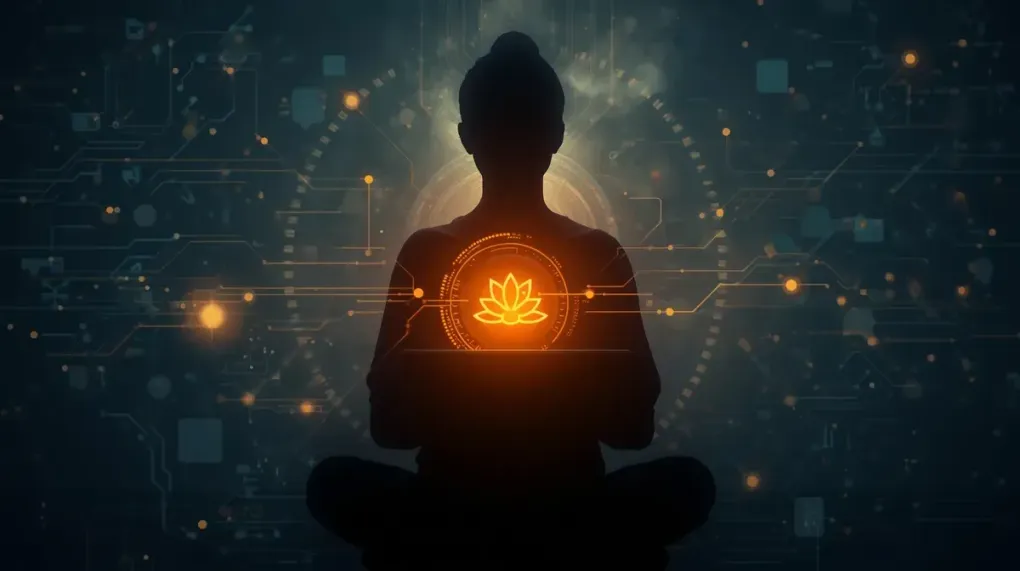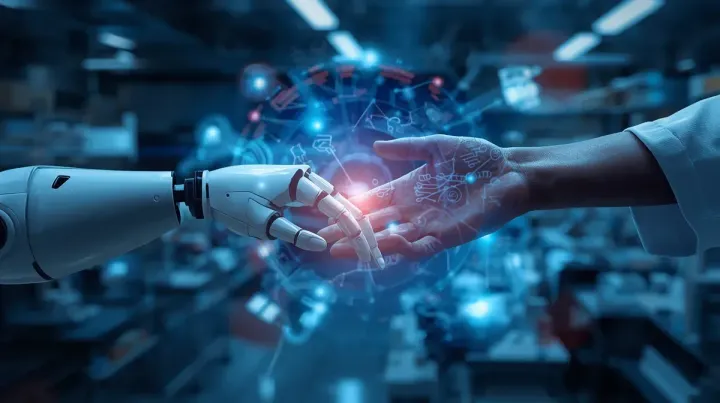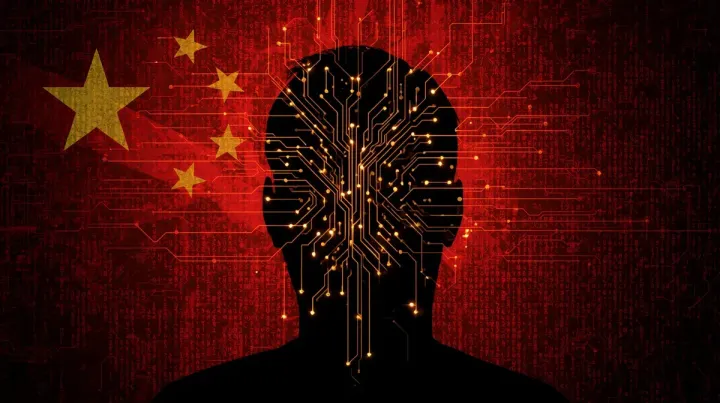
Seeking Solace in Silicon: The Rise of Chatbots for Spiritual Guidance
The Digital Confidant: AI in the Realm of Faith
The human quest for meaning, comfort, and guidance is as old as humanity itself. Traditionally, this search has led individuals to religious leaders, spiritual mentors, or philosophical texts. However, in the 21st century, a new and unexpected source of solace is gaining traction: artificial intelligence. Reports indicate a growing number of people are engaging with chatbots, not just for practical advice, but for deep spiritual conversations, ethical dilemmas, and even existential comfort.
This phenomenon raises fascinating questions about the nature of spirituality and the evolving role of technology in our lives. Are these interactions a genuine form of spiritual engagement, or merely a reflection of our innate human need for connection and understanding, projected onto an algorithmic entity? For many, the non-judgmental, always-available nature of a chatbot offers a safe space to explore thoughts and feelings that might be difficult to articulate to another human.
Why Turn to AI for Spiritual Needs?
Several factors contribute to this emerging trend. The anonymity offered by chatbots can be a powerful draw, allowing users to express vulnerabilities and doubts without fear of social repercussions or judgment. In a fast-paced world, the immediate availability of AI, capable of engaging in complex discussions at any hour, provides a convenience that traditional spiritual counseling often cannot match.
Furthermore, AI models are trained on vast datasets of human knowledge, including religious texts, philosophical treatises, and psychological studies. This allows them to offer a wide range of perspectives, historical context, and even personalized interpretations that can resonate with users seeking answers. They can synthesize information and present it in a coherent, structured manner, which can be particularly appealing to those grappling with complex spiritual questions.
Ethical Considerations and the Future of Faith
While the accessibility and perceived objectivity of AI spiritual guides are appealing, ethical concerns are paramount. Can an AI truly understand or provide empathy? What are the implications of relying on algorithms for deeply personal and formative experiences? There’s a risk of over-reliance, where individuals might substitute genuine human connection and community for the simulated understanding of a machine.
Moreover, the potential for bias in AI training data, or the manipulation of responses for commercial or ideological purposes, cannot be ignored. The guidance offered by a chatbot, however sophisticated, is ultimately a reflection of the data it was trained on, not a source of inherent wisdom or divine insight.
As AI continues to integrate into every facet of our lives, its role in our spiritual journeys will undoubtedly continue to evolve. This trend challenges us to redefine what constitutes spiritual guidance and to critically examine the boundaries between human experience and artificial intelligence. The search for meaning may now include a dialogue with a machine, but the ultimate responsibility for understanding and belief will always remain with the individual.


